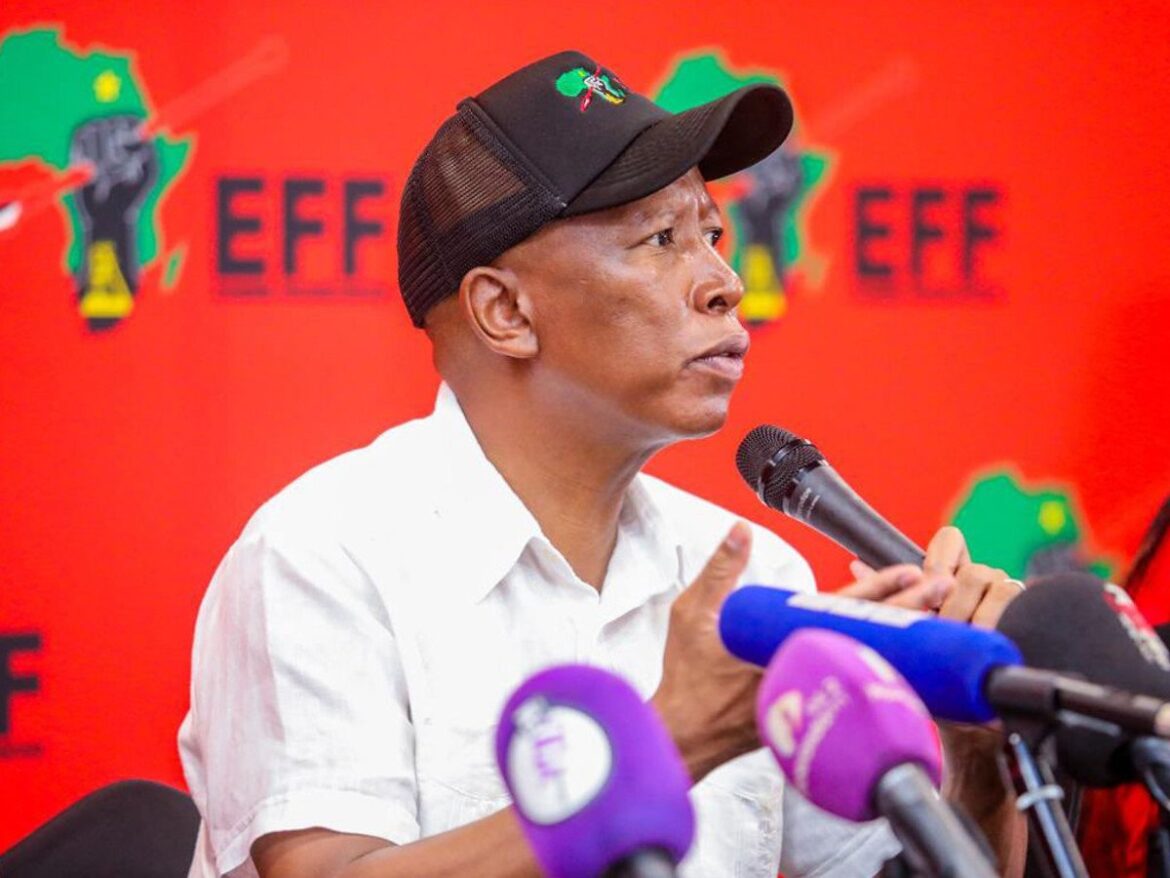Julius Malema, the outspoken leader of South Africa’s Economic Freedom Fighters (EFF), has unleashed a wave of criticism after being denied entry into the United Kingdom, just days before he was scheduled to speak at the prestigious Cambridge Conference this weekend.
Malema, who was set to address international scholars, activists, and political thinkers at the annual event, expressed deep frustration and disbelief over what he described as a politically motivated move by British authorities. In a strongly worded statement, he called the UK’s decision “an insult to African leadership and a direct attack on free thought.”
“I was invited to share views on decolonisation and global justice—topics the UK clearly finds too uncomfortable to confront,” Malema said via social media. “This is censorship disguised as diplomacy.”
Sources close to the EFF claim that Malema’s visa was rejected without clear explanation, sparking speculation about whether his fierce anti-colonial rhetoric and criticism of Western foreign policy may have influenced the decision.
The UK Home Office has yet to release an official statement, but political analysts suggest the move could ignite diplomatic tensions and fuel further debate about the West’s relationship with outspoken African leaders.
EFF supporters have rallied behind Malema, accusing the UK of double standards and suppressing dissenting voices from the Global South. Critics, meanwhile, argue that visa decisions fall within a country’s sovereign rights and may be based on security protocols or past travel records.
The incident has stirred significant reaction online, with the hashtag #LetMalemaSpeak trending across South African social media platforms.
As the controversy unfolds, questions are mounting about the real reasons behind the visa refusal—and what it says about the limits of political discourse on the international stage.
